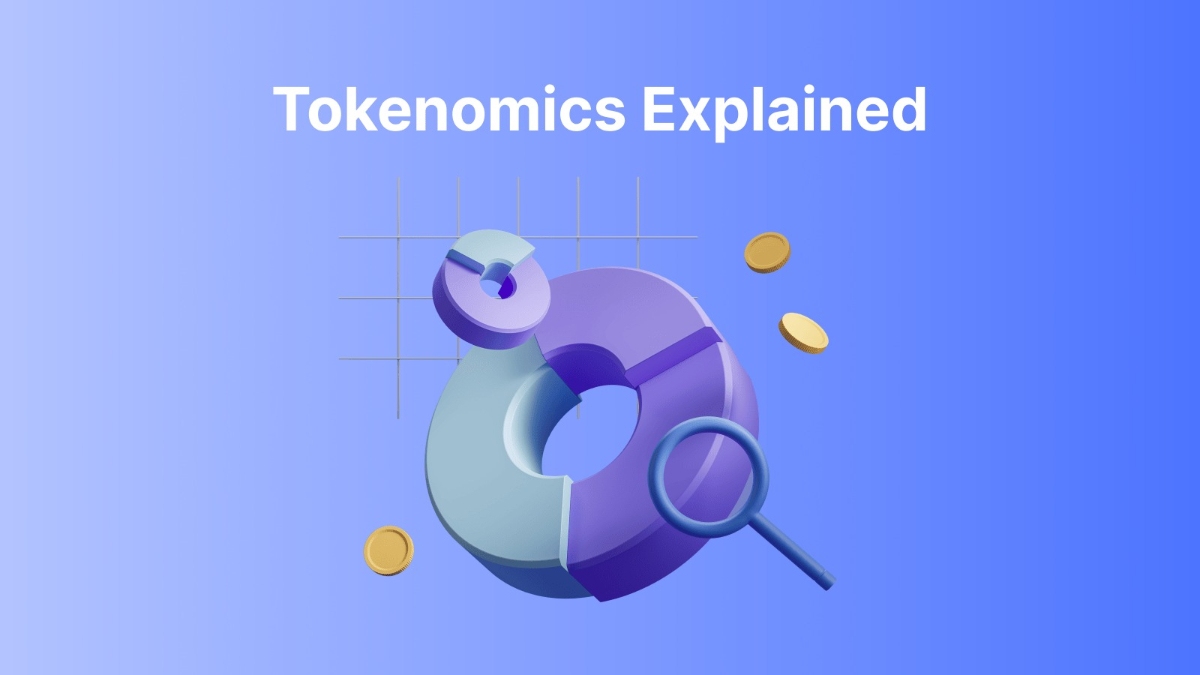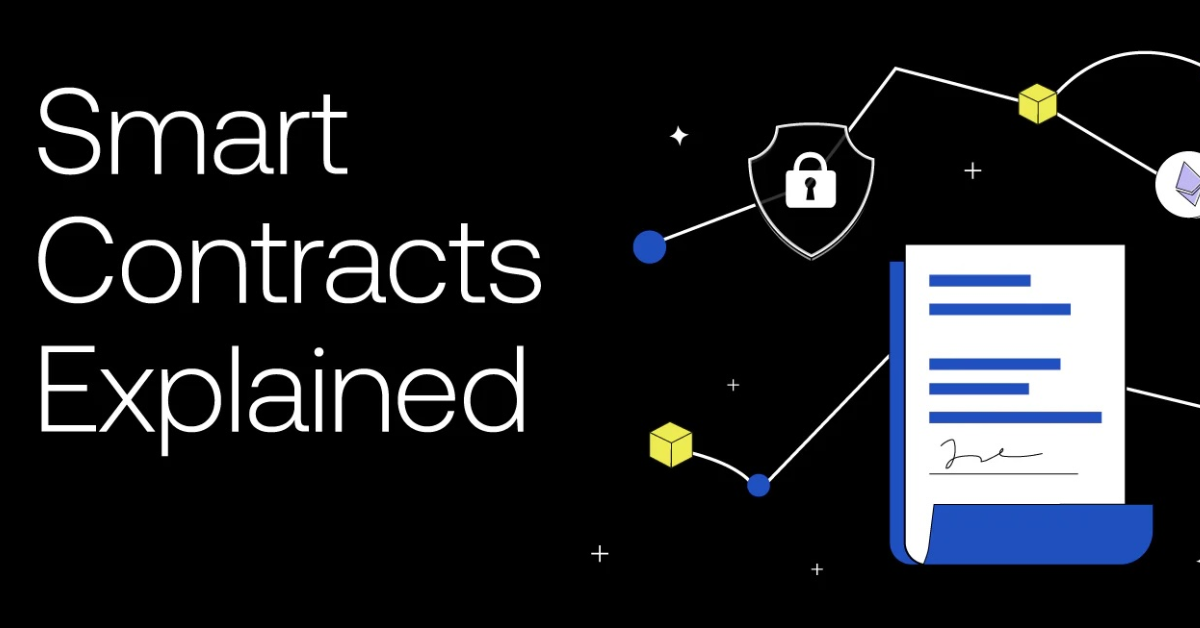What Is Cryptocurrency Tokenomics? A Strategic Guide for Businesses

What Is Cryptocurrency Tokenomics? A Strategic Guide for Businesses
Introduction: The Missing Link in RWA Adoption Tokenized Real-World Assets (RWAs) such as real estate, bonds, and precious metals are surging in popularity, projected to become a $16 trillion market by 2030 (BCG). Yet, most institutions overlook one crucial element—tokenomics. While infrastructure and tokenization platforms are rapidly evolving, many institutional players fail to build well-structured token economies that power long-term utility, compliance, and revenue. In contrast, Web3-native protocols design token models that not only represent value but also circulate it—fueling ecosystems, incentivizing participation, and driving retention. In this strategic guide, we break down what tokenomics is, why it matters, and how to craft sustainable, scalable token models tailored for modern digital ecosystems and tokenized assets.What Is Tokenomics? Tokenomics (a blend of "token" and "economics") refers to the design principles, incentives, and governance systems behind a digital token's lifecycle—how it's created, distributed, and used.
Core Components:
- Token Supply: Fixed, inflationary, or deflationary models.
- Distribution Schedules: How tokens are allocated among founders, investors, and the community.
- Utility: Use cases like governance, staking, payments, or access control.
- Market Dynamics: Supply-demand mechanisms, burns, emissions.
- Value Allocation: Determines who earns, controls, and contributes value across the system.
Key Elements of Robust Tokenomics
1. Supply & Emissions Schedule
- Fixed Supply: Promotes scarcity (e.g., 100M tokens max).
- Inflationary: New tokens minted to reward participation.
- Deflationary: Burn mechanisms reduce total supply over time.
| Stakeholder | Recommended Allocation |
|---|---|
| Founders & Team | 10–20% (vested over 4+ years) |
| Investors | 15–30% (cliff + linear vesting) |
| Community Rewards | 20–40% (airdrop, farming, loyalty) |
| Treasury | 10–25% (DAO or foundation control) |
| Strategic Partners | 5–10% (ecosystem incentives) |
- Access Control: Feature unlocking, gated content, loyalty tiers.
- Medium of Exchange: Payment for services within the protocol.
- Staking Mechanisms: Reward participation or secure networks.
- Collateralization: Use in DeFi loans or RWA minting.
- Governance Rights: Proposals, treasury allocation, upgrades.
- Buybacks & Burns
- Fee Redistribution to token holders
- Liquidity Mining
- Bonding Curves for automated pricing
- Centralized Governance: Internal team controls evolution.
- DAO-Based Governance: Token holders vote on key changes.
- Hybrid Models: Gradual decentralization.
Why Tokenomics Is a Business Imperative
For Protocols:
- Incentivize engagement, liquidity, and retention
- Monetize activity via staking, auctions, and premium access
- Align long-term incentives for investors and users
- Drive new revenue through token-powered services
- Create programmable compliance aligned with MiCA, Basel IV, AMLA
- Manage digital asset balance sheets and customer incentive structures
Successful Tokenomics in Action
MakerDAO (DAI + MKR): Stablecoin governance powered by MKR holders with vault-based collateral management.
Centrifuge (CFG): Decentralized RWA financing using staked CFG to underwrite deals and rewards ecosystem participants.
Curve (CRV): veCRV model offers boosted rewards for long-term stakers, aligning liquidity and governance.
Red Flags to Avoid
- Tokens with no utility or incentive alignment
- Poorly structured vesting (e.g., early dumps by insiders)
- Unlimited inflation with no value capture
- Absence of a treasury or deflationary mechanism
- Centralized control without legal clarity
Avinya Labs: Enterprise-Ready Tokenomics Infrastructure
Avinya Labs helps fintechs, exchanges, and asset managers design and launch scalable token economies with:
- White-label exchange & DEX platforms
- Smart contract toolkits with staking, burn, and emissions modules
- Compliance-ready infrastructure (KYC, AML, MiCA modules)
- Support for RWA tokenization (real estate, gold, fixed-income assets)
Conclusion: Design Tokenomics That Work
A token is not just a financial product—it’s an economy. And a good economy requires thoughtful planning, stakeholder alignment, and regulatory foresight.
To succeed in the RWA and Web3 space, businesses must go beyond minting tokens. They must design systems of value exchange, control, and incentive that fuel usage, trust, and revenue.
Ready to Build a Token that Performs?
Contact Avinya Labs to schedule a demo and explore how we help you craft scalable, compliant token ecosystems that grow with your business.
Recently Added Blogs
We invite you to explore a selection of our completed blockchain development projects, offering a glimpse into our achievements and expertise.



